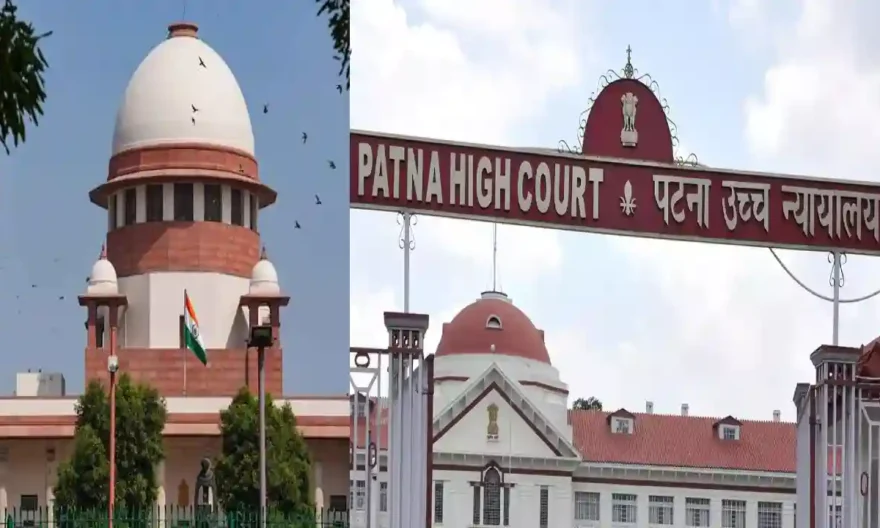
The Supreme Court stated recently that casteism is rampant in Bihar and prevalent in every field, including bureaucracy and politics.
A bench of Justices MR Shah and JB Pardiwala was hearing a plea seeking a stay on the State’s ongoing caste survey.
“There’s a lot of casteism there. In all areas. Bureaucracy, politics, and service,” Justice Shah remarked.
The Patna High Court refused to grant an interim stay on the survey, prompting the present appeal before the Supreme Court.
The Supreme Court ruled that the High Court should have heard the case on its merits before deciding whether or not to award interim relief.
“In any case, the (petition for) interim relief must be considered on its merits. Let it be decided by a division bench,” Justice Shah stated.
Because the High Court had not done so, the bench asked the High Court to do so as soon as possible.
“We clarify that we have not said anything on merits, and it is for the High Court to take a call on the same,” the bench stated in its order.
Youth for Equality, an Indian NGO that works against caste-based policies and reservations, moved the current petition.
Senior Advocate Mukul Rohatgi, representing the petitioner-organization, argued that it was a serious matter and that the survey for a caste census was being conducted in view of elections.
He further added that casteism was extremely rampant in state of Bihar.
The lawyer, appearing for Bihar state, highlighted that many petitions have been filed to challenge the government’s decision.
However, Justice Pardiwala questioned the State counsel as to why the survey was being conducted so quickly.
In answer, the lawyer referred to the directive principles.
“What are the directive principles?” Justice Pardiwala inquired.
The bench then passed an order allowing the petitioner to file an application before the Patna High Court for an urgent hearing on the interim relief sought, and asked the High Court to dispose of the same within three days.
Interestingly, a Supreme Court bench comprised of Justices BR Gavai and Vikram Nath rejected to hear three public interest litigation (PIL) petitions challenging the Bihar government’s decision to conduct a caste census in the state in January of this year.
The bench allowed the petitioners to approach before the Patna High Court.
“This is a public interest litigation. If we allow this, how will they decide how many reservations to make? You want to withdraw? Go to the High Court and file your case. Sorry, we do not entertain such petitions,” Justice Gavai stated.




